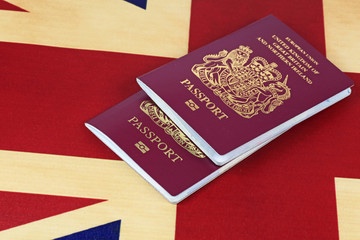For the British Overseas Territories, Brexit and its transition period has left a cloud of uncertainty
Lord Ahmad of Wimbledon, the UK minister responsible for the British Overseas Territories, issued a statement on January 31, 2020 on the occasion of Britain leaving the European Union (“EU”).
In it he noted that the terms of the so-called withdrawal agreement finalised between the UK and the EU, provide for an implementation period until December 31, 2020 before Brexit-related changes take place. The rights of persons and businesses in the British Overseas Territories will not change during this implementation period and neither will the relationship local companies and non-governmental organisations have with the EU.
“As we head into the next phase of the negotiations and take up the opportunities afforded by our departure from the EU, including the ability to negotiate our own trade agreements around the world, the continuing priority for the United Kingdom Government is to ensure that the voices of our OTs are heard. And that your priorities inform our approach to the negotiations every step of the way.”
Lord Ahmad of Wimbledon, Minister of State with responsibility for the British Overseas Territories
In terms of immigration, the eligibility criteria for British passports of all types will not be affected by the departure from the EU. The rules on travelling to the EU will also remain the same throughout the implementation period. British Citizen passport holders will be able to continue to live, work and study in the EU as they do now. The rights of British Overseas Territory Citizen passport holders, including 90-day visa-free access to the Schengen area in any 180 days, will also not change during the implementation period or afterwards.
For those territories that receive significant amounts of financial aid from the EU, Lord Ahmad has also confirmed that the UK government will cover the costS of EU-funded projects in the territories should financing cease for any reason.




